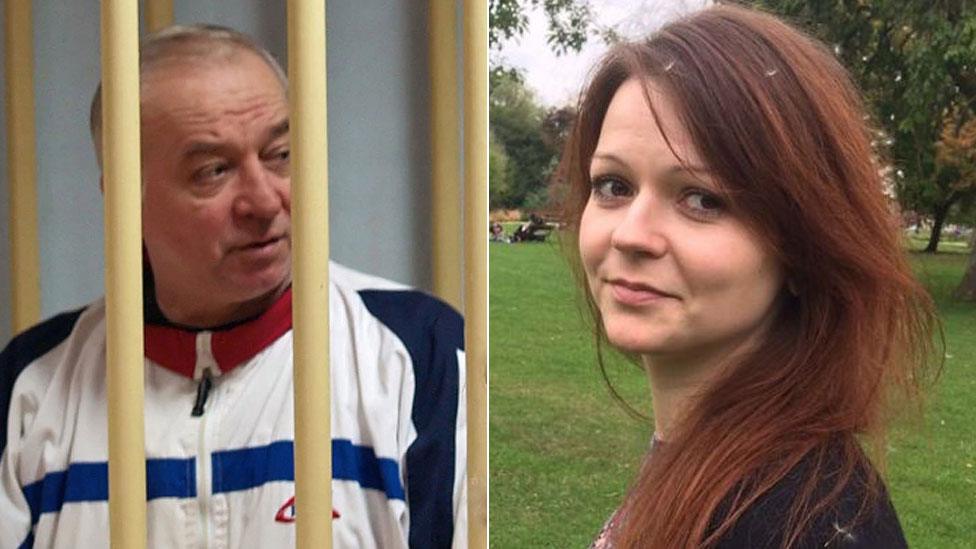Boy fell ill after former spy helped him feed ducks
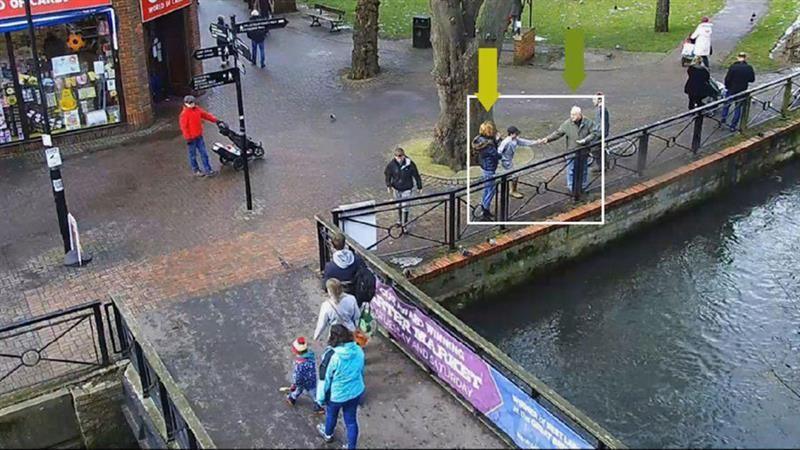
The boy fell ill "for a day or two", an inquiry was told.
- Published
A boy fell ill after coming into contact with Sergei Skripal the day he and his daughter Yulia were poisoned with Novichok, it has been revealed.
The Dawn Sturgess Inquiry was shown CCTV footage on Monday of Mr Skripal interacting with the child, handing him bread to feed ducks in Salisbury.
The boy, along with two others, was later traced as part of the investigation, and reported being ill for a day or two after the encounter.
However, the inquiry heard no traces of the chemical weapon were found on them when they were eventually tested.
Commander Dominic Murphy, head of the Metropolitan Police’s Counter Terrorism Command, helped the inquiry piece together the movements of Sergei and Yulia Skripal on March 4 2018.
This included showing footage of them driving into Salisbury, handing a boy bread to feed the ducks, having a drink in The Mill pub and heading to Zizzi restaurant.
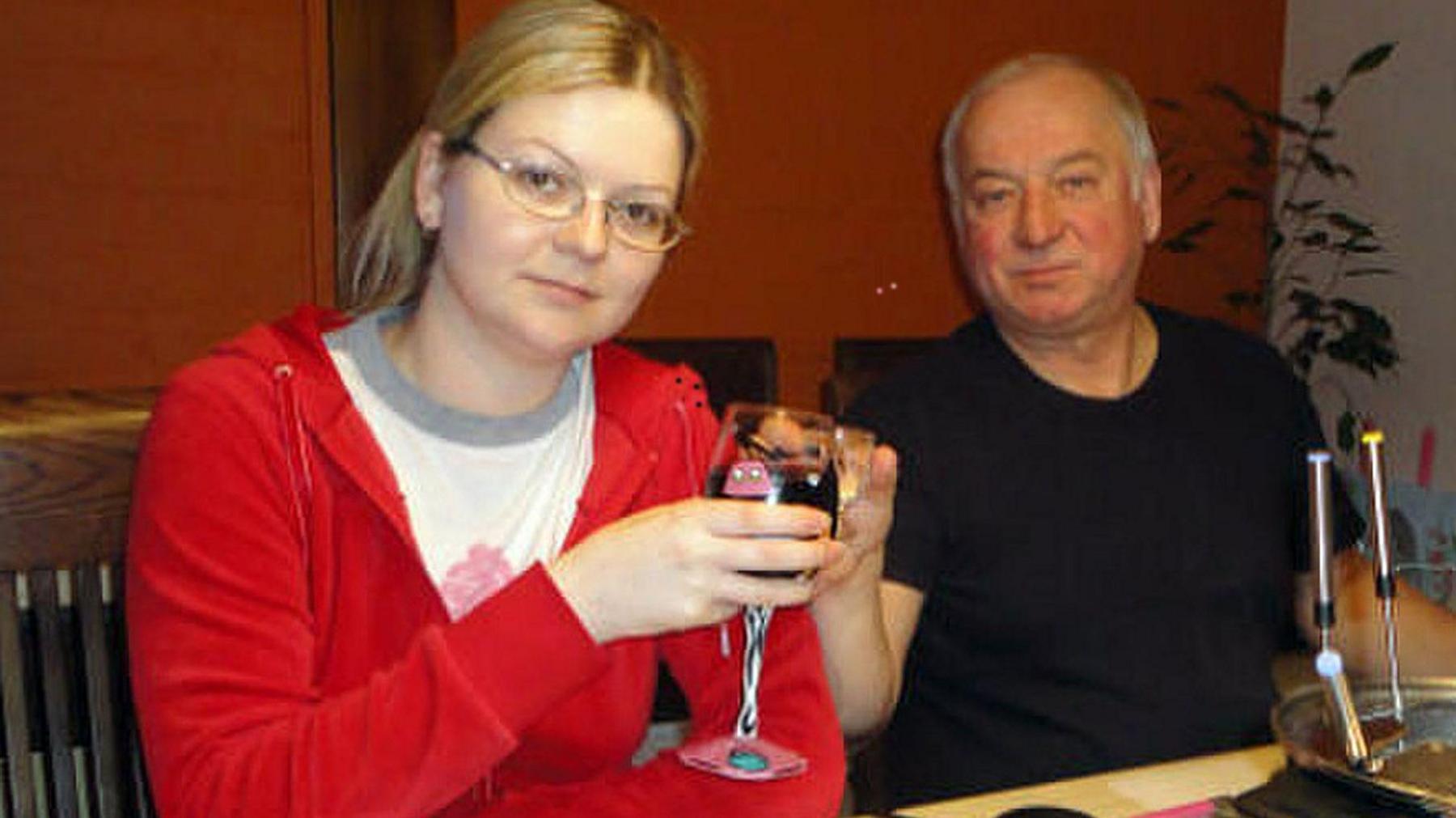
Sergei Skripal (r) with his daughter (l) both survived
Mr Murphy told the inquiry that this information helped detectives set the “time parameters of when the Novichok is likely to have been applied to that door as 6pm on the Saturday and 1.30pm on the Sunday, when (the Skripals) then left.”
After opening in Salisbury's Guildhall earlier this month, the inquiry into Ms Sturgess's death has resumed in London.
Ms Sturgess, 44, died after being exposed to Novichok in Amesbury, Wiltshire, in July 2018.
She sprayed herself with a "significant amount" of the nerve agent, which was hidden in a perfume bottle that had been found in a charity collection bin by her partner Charlie Rowley.
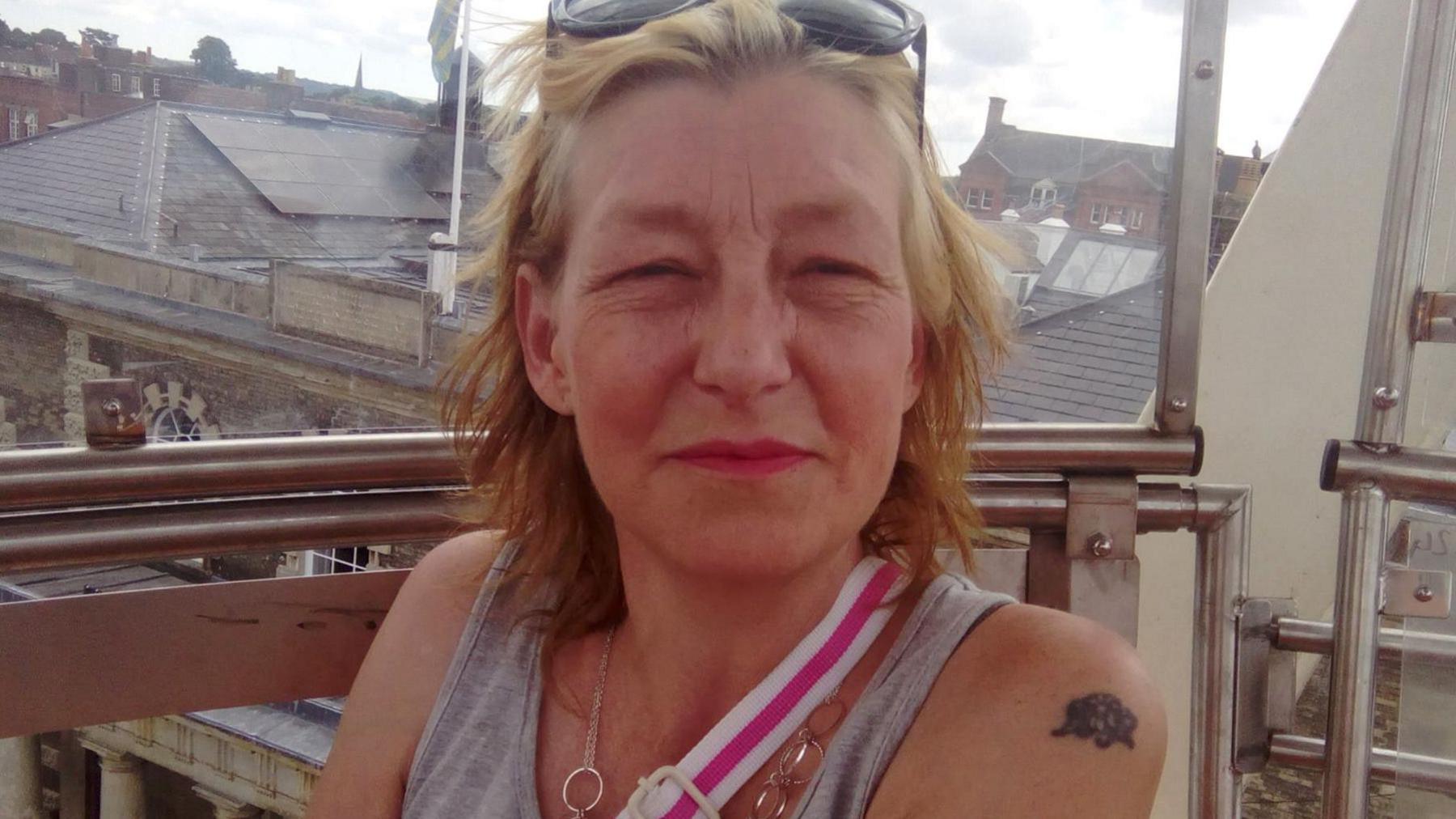
Ms Sturgess inadvertantly came into contact with the Novichok nerve agent
The inquiry is in the process of hearing evidence about links between her death and the attempted murder of Mr Skripal and his daughter in March 2018.
The UK security services blamed Russia for the attack.
The off-duty medics who helped give first aid to Mr Skripal and Yulia in Salisbury town centre gave evidence to the public inquiry on Tuesday.
The inquiry heard a then chief nurse of the British Army, Alison McCourt, was one of the two to first attend the incident on 4 March, 2018.
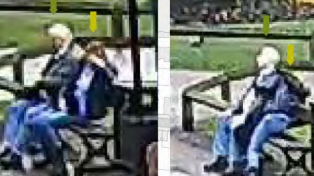
Both Sergei Skripal and Yulia survived the Novichok nerve agent
At the inquiry Ms McCourt, who left the army in 2022, responded to a document published by the Russian Embassy which said there had been “no attempt to explain” the “extraordinary coincidence” that she had been in the area at the time.
She said any suggestions that her role was connected to the incident were "malicious", and that she was coincidentally in Salisbury with her family because her children wanted to go to a Nando's restaurant.
Ms McCourt insisted her involvement was as a “first responder member of the public” in her witness statement, which was read by counsel to the inquiry Francesca Whitelaw KC.
Ms McCourt said she would not have exposed herself or her daughter to the risk of coming into contact with Novichok if she was aware the Skripals had been poisoned with the nerve agent.
A week after the incident, the army and the police confiscated Ms McCourt's family car "under full bio-hazard conditions".
'They don't look well'
The other off-duty medic was Dr Helen Ord, who is a paediatric intensive care doctor at Birmingham Children's Hospital.
As she approached the Skripals after seeing them on the bench she said she "instantly thought they weren’t well".
Giving evidence, she told the inquiry her initial thought was food poisoning.
"What I found particularly odd, which is what made me notice them, was the position of the two of them," she said.
"Sergei was sat bolt upright, appeared to be staring into space. I could see he was moving his mouth but he wasn't talking to anybody... that struck me as odd.
"The lady next to him was also in an odd position.
"I said to my then partner 'they don't look well'."
In a written statement, Dr Ord said a police officer told her on the same day to throw her clothes away.

BBC Sounds: Salisbury Poisonings
Keep up to date with the latest from the inquiry with our podcast.
Listen to the episode on BBC Sounds.

Follow BBC Wiltshire on Facebook, external, X, external and Instagram, external. Send your story ideas to us on email or via WhatsApp on 0800 313 4630.
See also
- Published11 October 2024
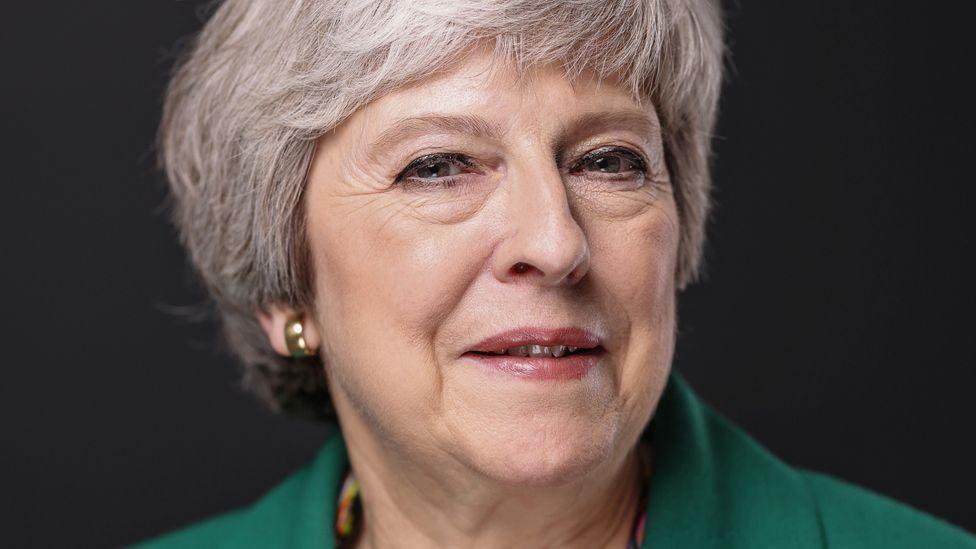
- Published30 July 2018
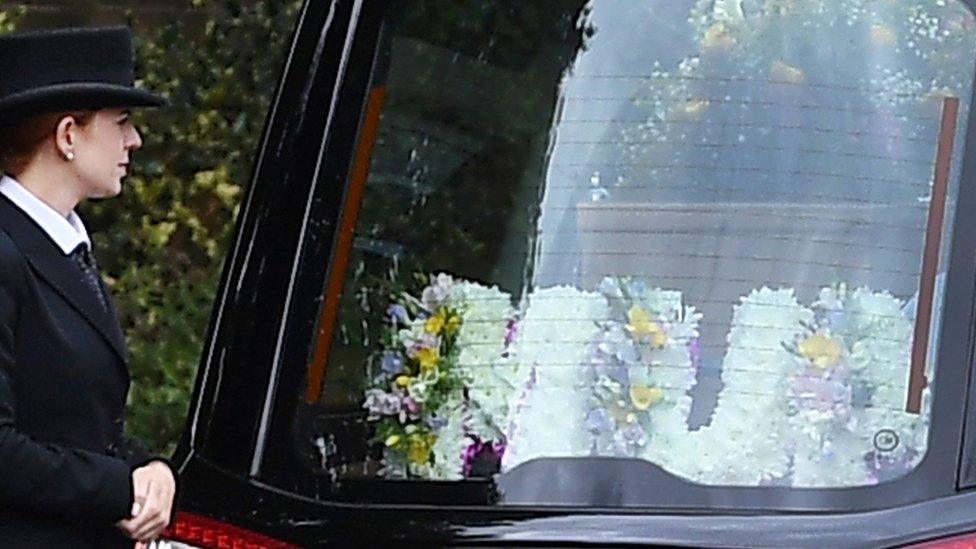
- Published4 March 2020
